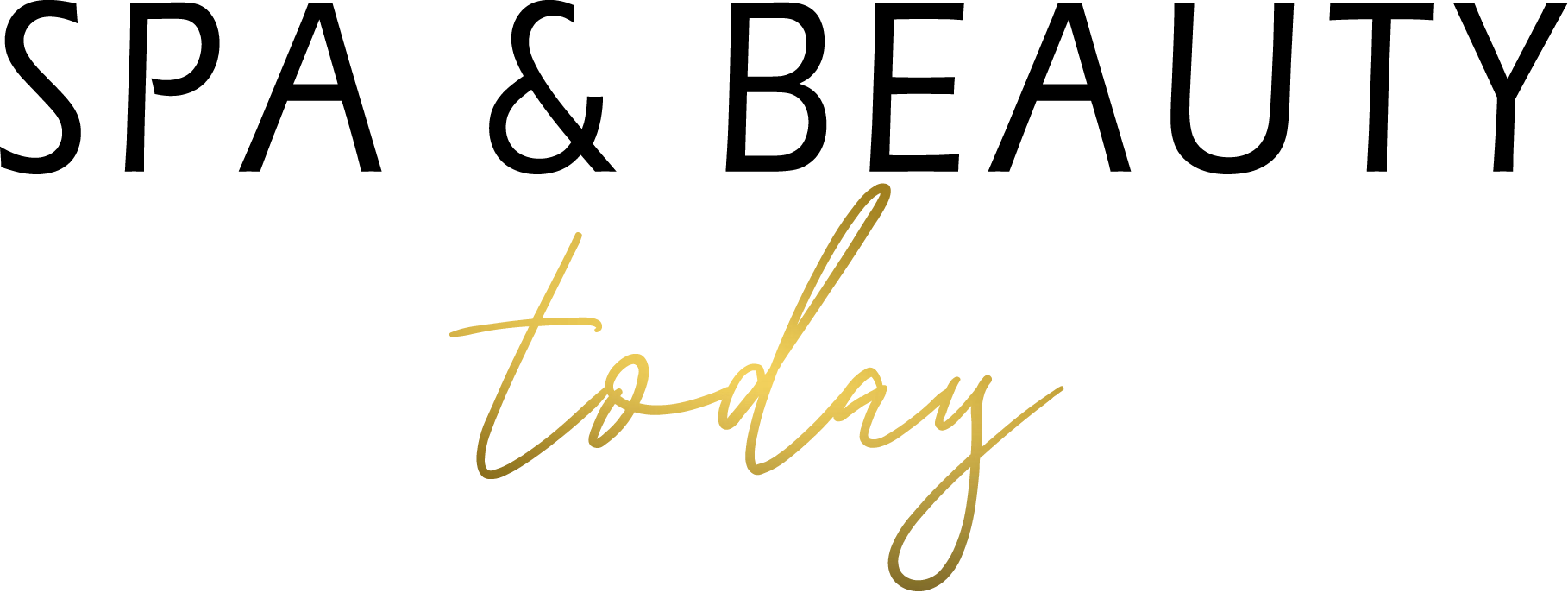Stubborn Acne? Here’s What an Acne Specialist Would Recommend
Acne isn't just a teenage struggle—it's a persistent skin condition that can follow you into adulthood, leaving behind dark spots, acne scars, and frustration. While many assume it's caused by poor hygiene, the truth is that clogged pores, hormonal fluctuations, and even genetics play a significant role. If your acne breakouts refuse to fade, it might be time to rethink your approach.
Effective acne solutions vary—a treatment that clears one complexion might aggravate another. Over-the-counter acne products can help mild cases, but moderate acne or cystic acne often requires professional intervention. The good news? With the right treatment options, even the most stubborn acne can be managed—and clearer, healthier skin is within reach.
Different Acne Types and Causes
Not all forms of acne are the same. The type of acne you have will determine the best treatment options.
Non-inflammatory acne: Blackheads and whiteheads can be categorized as non-inflammatory acne. Clogged pores and excess oil commonly cause these.
Inflammatory acne: Bacteria and trapped dead skin cells produce red, inflamed pimples.
Hormonal acne: Often linked to fluctuations in hormones, leading to deep, painful cystic lesions.
Cystic acne: Severe, painful bumps beneath the skin that can cause acne scarring if not treated properly.
A key common myth is that acne is just a phase. Neglected acne often leaves permanent marks—from stubborn scars to pigmentation—that compromise skin health and appearance long-term.
Professional Acne Treatment Options
If over-the-counter acne treatments aren't working, an acne dermatologist can recommend medical acne treatment options tailored to your skin type and medical history.
1. Topical Medications
Topical treatments are often the first line of defense for acne of varying degrees of severity. These prescription-strength solutions work by unclogging pores, reducing inflammation, and preventing new breakouts. Common options include:
Retinoids: Prevent pore blockage and speed up cell turnover
Topical antibiotics (clindamycin): Targets bacteria that irritate the skin and cause pimples
Salicylic acid: Effective for skin exfoliation and clears pores
Benzoyl peroxide: This chemical solution effectively eliminates bacteria and reduces excess oil
When used consistently as part of a personalized skincare routine, these topical medications can significantly improve acne breakouts without systemic side effects.
2. Oral Medications
For severe acne, oral antibiotics or systemic medications like isotretinoin may be recommended. Women with hormonal acne might benefit from oral contraceptives to balance hormones.
3. Advanced Treatment Options
For stubborn or severe acne that doesn't respond to traditional therapies, advanced treatments offer targeted solutions with proven results. These clinical-grade procedures include:
Chemical peels: Skin resurfacing treatments through chemical solutions clear dead skin cells to unblock pores and improve texture
Laser treatments: Reduce inflammation and acne bacteria growth while stimulating collagen
Cortisone injections: Provide rapid relief for painful cystic lesions
Light therapy: Bacteria that trigger pimples can be eliminated using blue or red light therapy, calming inflammation
These advanced acne treatments, performed by experienced dermatologists, can effectively clear persistent breakouts while minimizing acne scarring for long-term results.
With today's advanced acne treatments, clearer skin isn't just a hope—it's an achievable reality when you partner with the right skincare professionals.
Lifestyle and Skincare Adjustments
Even the most effective acne medications need support from a consistent care regimen to deliver lasting results. Dermatologists stress that consistent, simple routines can significantly control breakouts and promote lasting skin clarity.
Start with a personalized skincare routine using non-comedogenic products formulated for acne-prone skin. Seek out formulations containing salicylic acid for gentle exfoliation and topical antibiotics to effectively target acne-causing bacteria. Be mindful of hair products and makeup that contain pore-clogging oils—opt for oil-free alternatives instead.
Gentle cleansing is essential, but overwashing can strip your skin's natural barrier, triggering more oil production and future breakouts. Pair your routine with lifestyle modifications, including a balanced diet, proper hydration, and stress management techniques, as these factors significantly impact skin health.
Remember: clear skin sometimes takes time to achieve, and overnight fixes don't always work—so consistency is key.
When to See an Acne Specialist
While many acne concerns can be managed with over-the-counter solutions, there comes a point when professional help is needed. If you're experiencing persistent cystic acne, severe inflammation, or acne scarring, it's time to consult an acne dermatologist. These specialists can diagnose your specific type of acne and rule out underlying conditions that might be worsening your breakouts.
You should also consider professional acne treatment if your current regimen isn't delivering results after six to eight weeks of consistent use or if your acne is causing emotional distress. Board-certified dermatologists at specialized acne treatment centers offer advanced solutions like laser treatments, cortisone shots for immediate relief, and personalized treatment plans to prevent future flare-ups.
Don't wait until acne leaves permanent marks - early intervention leads to better outcomes and healthier skin in the long run.
Conclusion
There's no one-size-fits-all cure for acne, but with the right acne solutions, clearer skin is possible. Whether through topical prescription medications, oral medications, or light treatments, an acne consultation can help you find the best approach to acne management.
Don't let acne breakouts control your life—seek expert advice and take the first step toward healthier skin today!


